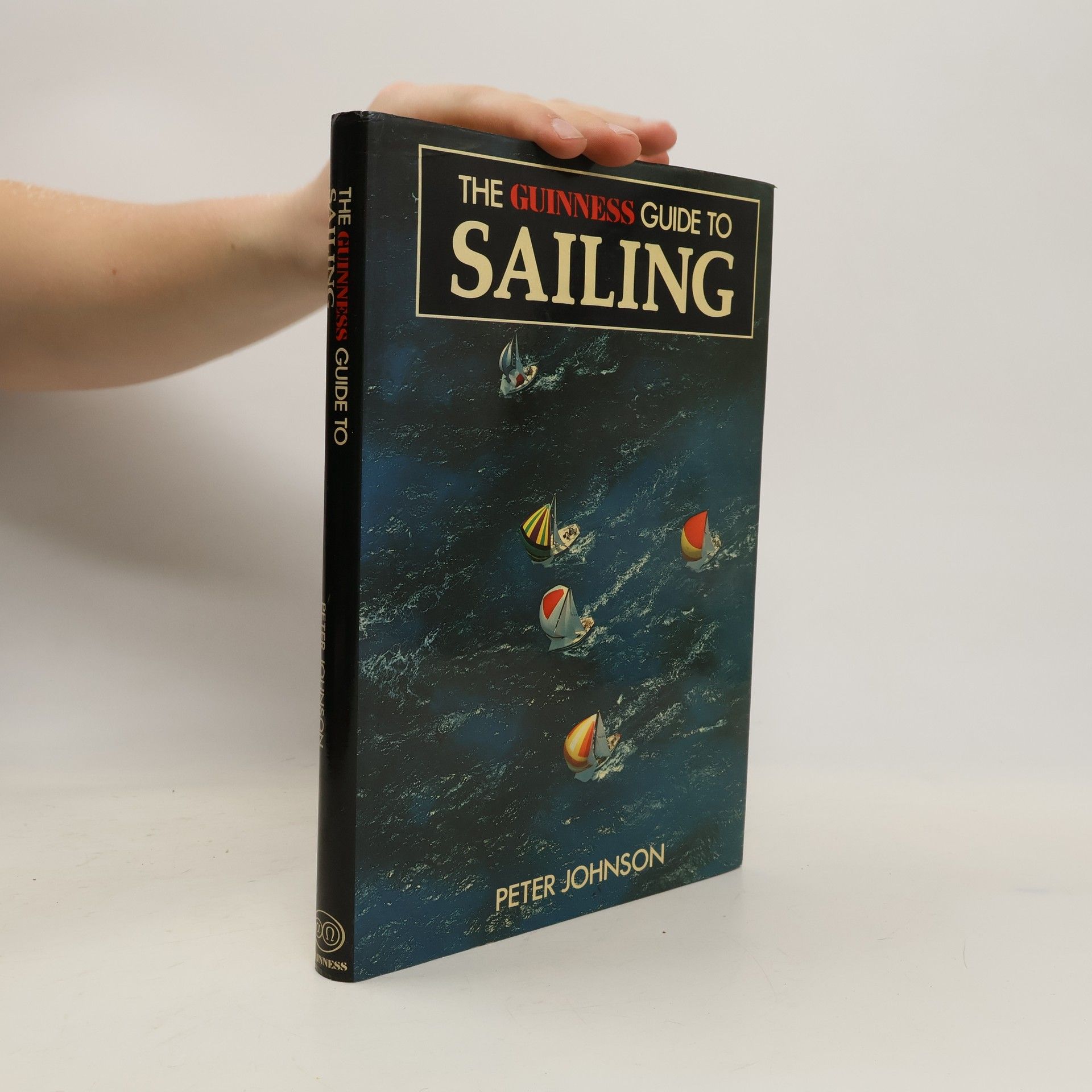The first completely new and authoritative popular book on Roman Bath since 1984
Peter Johnson Books






The Vale of Rheidol Railway
- 208 pages
- 8 hours of reading
Newly researched Information. Useful to Modellers. Good Quality Historic Pictures. Locomotive and Rolling Stock Information.
The Welshpool & Llanfair Light Railway
- 232 pages
- 9 hours of reading
New historical facts, good for modellers, good selection of pictures, details about locomotives and rolling stock, good index.
The Bone Riddle
- 336 pages
- 12 hours of reading
"Cape Kidnappers, New Zealand: On a cliff overlooking the ocean and one of the largest gannet bird colonies in the world, American CEO Harlan Quinn has built his "Plan B"--a lavish estate, complete with an underground doomsday bunker. When the cleaning staff finds a body within, it appears the victim died of natural causes but advanced facial decomposition leaves him unidentifiable. It can't be Quinn, according to his property manager/mistress and his wife back in the states, both of whom insist that the tech mogul is in Germany on business. But the uncooperative wife will not allow the police to search the main house for signs that the billionaire was on site, and so forensic odontologist Alexa Glock is called in to identify the body via dental records. Teeth never lie; the victim is indeed Harlan Quinn. All that's left is an autopsy to determine the cause of death. But something odd in the deceased's mouth sets Alexa and the team on a new track--to find Quinn's murderer. As they work to narrow the suspect field, a second homicide--and a stolen cache of weapons from a locked room in the bunker--ramp up the investigation and the risk to Alexa's life. Will she be able to solve this particular riddle before she becomes victim #3?"-- Provided by publisher
The Bone Track
- 384 pages
- 14 hours of reading
"American Alexa Glock, a traveling forensic investigator in New Zealand, is enjoying a vacation hiking the majestic and remote Milford Track. Her holiday takes a sinister turn when she encounters skeletal remains, with clear indications that the victim was stabbed. Then a fellow hiker goes missing and later turns up dead. Her death was no accident either, which means there's a killer lurking close by--perhaps staying in the same lodge! Detective Inspector Bruce Horne and Alexa's brother Charlie aid her investigation. As she hikes "Bone Track," Alexa scrambles to survive earthquakes, landslides, and evil that's hunting her"-- Provided by publisher
JBoss in Action is the first book to focus on teaching readers in detail how to use the JBoss application server. Unlike other titles about JBoss, the authors of JBoss in Action go deeper into the advanced features and configuration of the server. In particular, it focuses on enterprise-class topics, such as high availability, security, and performance.This book walks readers through the JBoss 5 Application Server from installation to configuration to production development. It shows how to configure the server's various component containers such as the JBoss Web Server, the EJB 3 server, and JBoss Messaging. It also provides detailed insight into configuring the various component services such as security, performance, and clustering. Beyond coverage of the core application server, the book also teaches how to use some of the "hot" technologies that run on top of the application server, such as Jboss Seam and JBoss Portal.The authors, both seasoned professional experts at developing and administering JBoss, provide meaningful explanations and background on many topics which they tie in with their own practical, real-world advice from their collective experience. These uniquely comprehensive explanations and the wide coverage provided in this book surpass any other content currently available in any other book, article, or documentation on the subject.
While the Undertaker Sleeps
- 348 pages
- 13 hours of reading
Peter Johnson, a pivotal figure in American prose poetry, showcases his mastery in "While the Undertaker Sleeps: Collected and New Prose Poems." This collection highlights his darkly comic and poignant style, which has been influential in reviving and advancing the prose poem genre over the past three decades. Johnson's work embodies characteristics he champions as a critic, including directness, intellectual depth, and an exploration of irony and absurdity. His contributions have significantly shaped the prominence of prose poetry both in America and globally.
The Shropshire & Montgomeryshire Light Railway
The Rise and Fall of a Rural Byway
- 240 pages
- 9 hours of reading
This engaging narrative chronicles the history of a beloved railway, highlighting its significance and impact over the years. Through vivid storytelling, it captures the essence of the railway's journey, the challenges it faced, and the affection it garnered from the community. The book offers insights into the railway's role in shaping local culture and economy, making it a cherished part of the region's heritage. Readers will appreciate the blend of historical facts and personal anecdotes that bring the railway's story to life.
Politics, Innocence, and the Limits of Goodness
- 296 pages
- 11 hours of reading
Exploring the concept of moral innocence, Peter Johnson argues that traditional philosophical theories fall short in explaining its significance. He emphasizes that understanding its true impact on politics requires moving beyond conventional moral frameworks. This insightful analysis challenges readers to reconsider established ethical viewpoints and their implications for political discourse.
